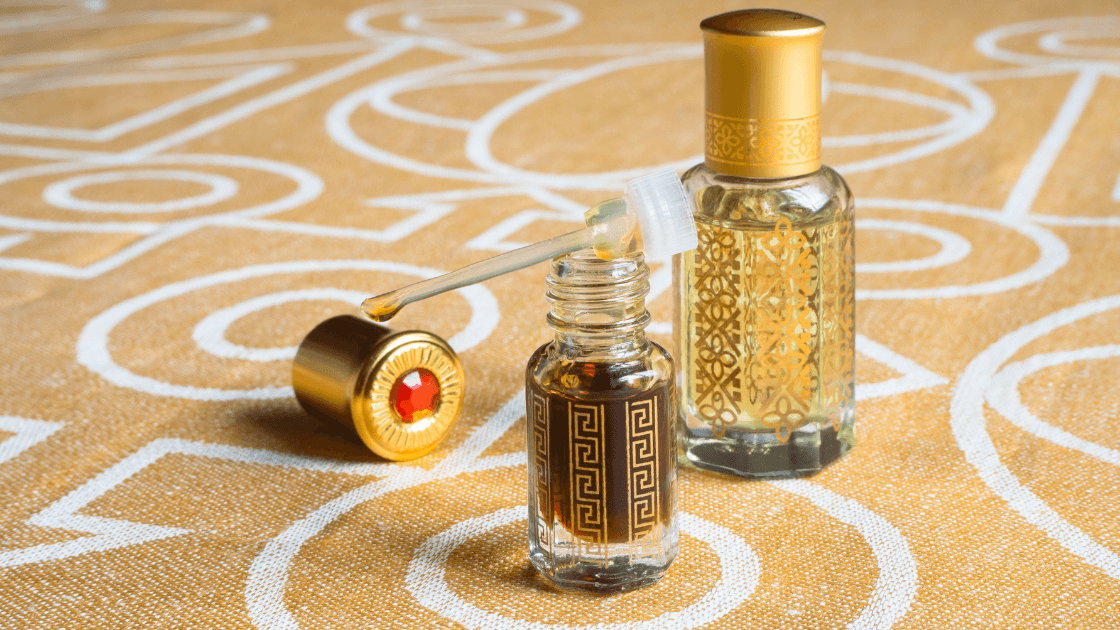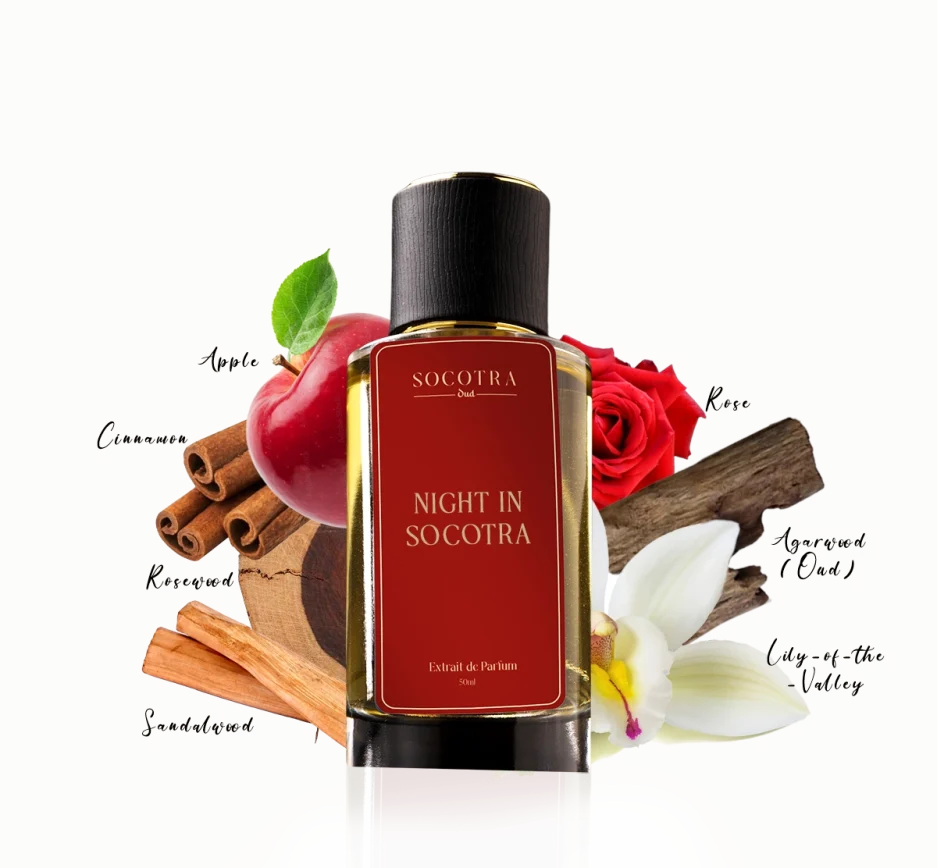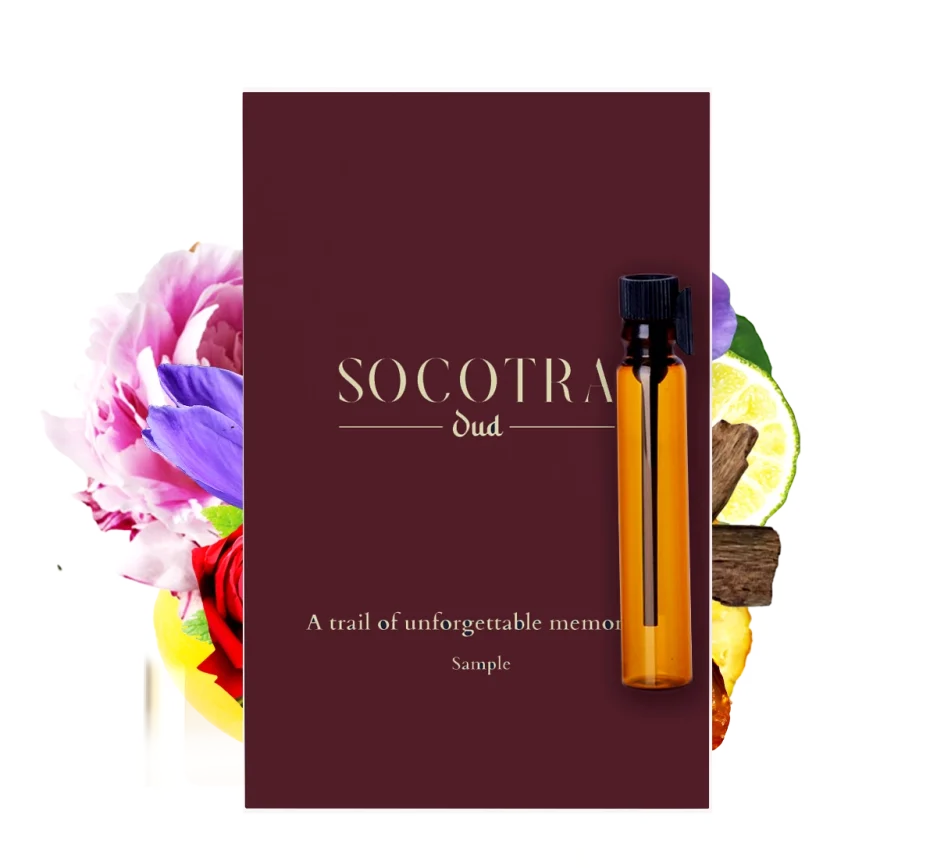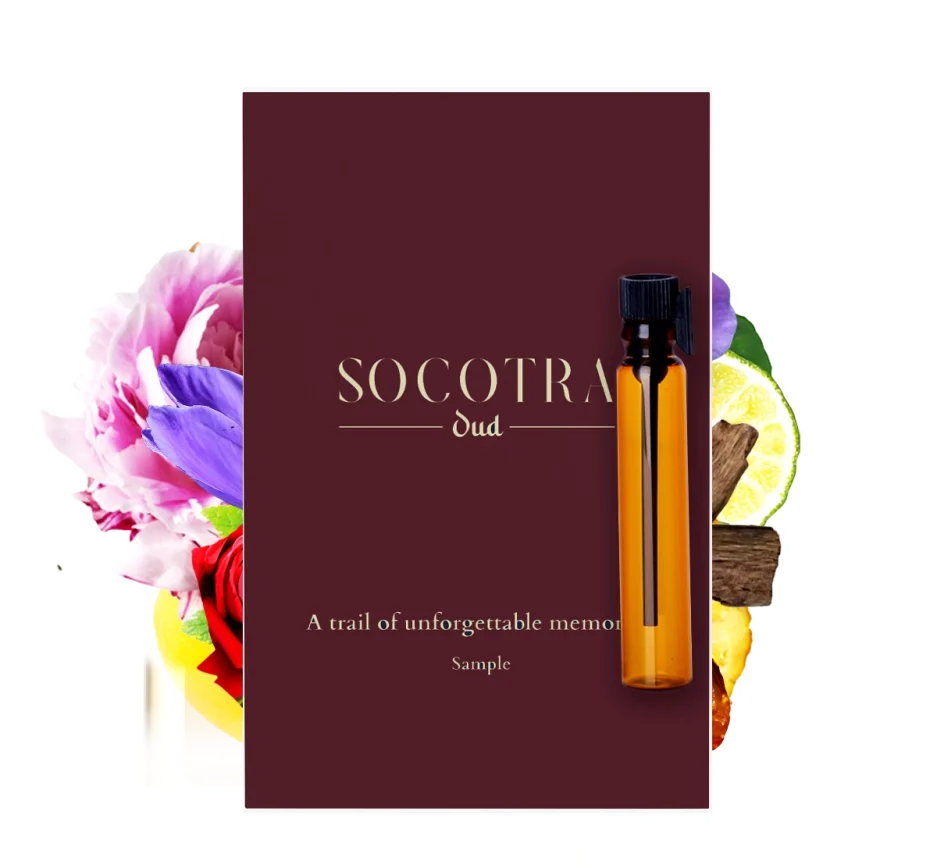Scents have held a profound significance in various cultures and religions throughout history. One particularly captivating aspect of this aromatic world is found in Arabian perfume oils. These fragrances, deeply rooted in cultural and religious traditions, carry symbolic meanings that go beyond mere sensory pleasure. In this exploration, we delve into the rich tapestry of Arabian perfume oils, uncovering their symbolic importance in both everyday life and spiritual practices.
II. Historical Background
Arabian perfume oils trace their origins to ancient times, where traditional methods of extraction were employed to capture the essence of botanicals. The process evolved over centuries, with distinct techniques becoming synonymous with Arabian perfume-making. The captivating history behind these oils offers a glimpse into the cultural evolution that shaped their unique identity.
III. Cultural Significance
In Arabian societies, scents play a pivotal role in daily life. From personal grooming to social gatherings and celebrations, the use of perfume is deeply ingrained in cultural practices. Arabian perfume oils, with their alluring and long-lasting fragrances, contribute to the creation of memorable moments and foster a sense of community. The symbolic meanings attached to specific scents further enhance their cultural significance.
IV. Religious Connections
The connection between scents and spirituality runs deep in Arabian religions. Perfume is often used in religious rituals and ceremonies, symbolizing purity and devotion. References to the significance of fragrance can be found in historical religious texts, highlighting the integral role that Arabian perfume oils play in the expression of faith.
V. Types of Arabian Perfume Oils
Arabian perfume oils come in a variety of types, each with its own distinct characteristics and properties. From the earthy notes of oud to the floral undertones of rose, these oils offer a diverse olfactory experience. Traditional and modern applications showcase the versatility of Arabian perfume oils, making them an integral part of personal care and cultural expression.
VI. Popular Fragrances and Their Meanings
Delving into specific fragrances, we explore the meanings behind popular Arabian perfume oils. From the warm embrace of amber to the refreshing citrus notes of bergamot, each scent carries cultural and personal significance. Understanding the symbolic language of fragrances adds a layer of depth to the art of perfume selection.
VII. Impact on the Global Perfume Industry
The influence of Arabian perfume oils extends far beyond their cultural and religious origins. In recent years, these fragrances have become trendsetters in the global perfume industry. The unique allure of Arabian scents has led to collaborations between Arabian perfumers and international brands, shaping the landscape of contemporary fragrance.
VIII. Sustainability and Ethical Considerations
As the demand for Arabian perfume oils grows globally, a spotlight is cast on sustainability and ethical practices within the industry. Efforts to preserve traditional perfume-making techniques and source raw materials ethically are gaining momentum. The discussion around sustainability underscores the importance of ensuring the longevity of this ancient craft.
Takeaway
The symbolism of Arabian perfume oils transcends the boundaries of mere fragrance. These scents weave a narrative of cultural richness, religious devotion, and personal identity. As we navigate the aromatic landscape of Arabian perfume oils, let us not only appreciate their sensory appeal but also acknowledge the profound cultural and spiritual heritage they carry. Embracing the world of Arabian scents invites us to explore the intersections of tradition, identity, and the universal language of fragrance.
Embark on a fragrant journey with Socotra Oud, your go-to expert for Arabian perfume oil that transcends ordinary scents.




Leave a Reply